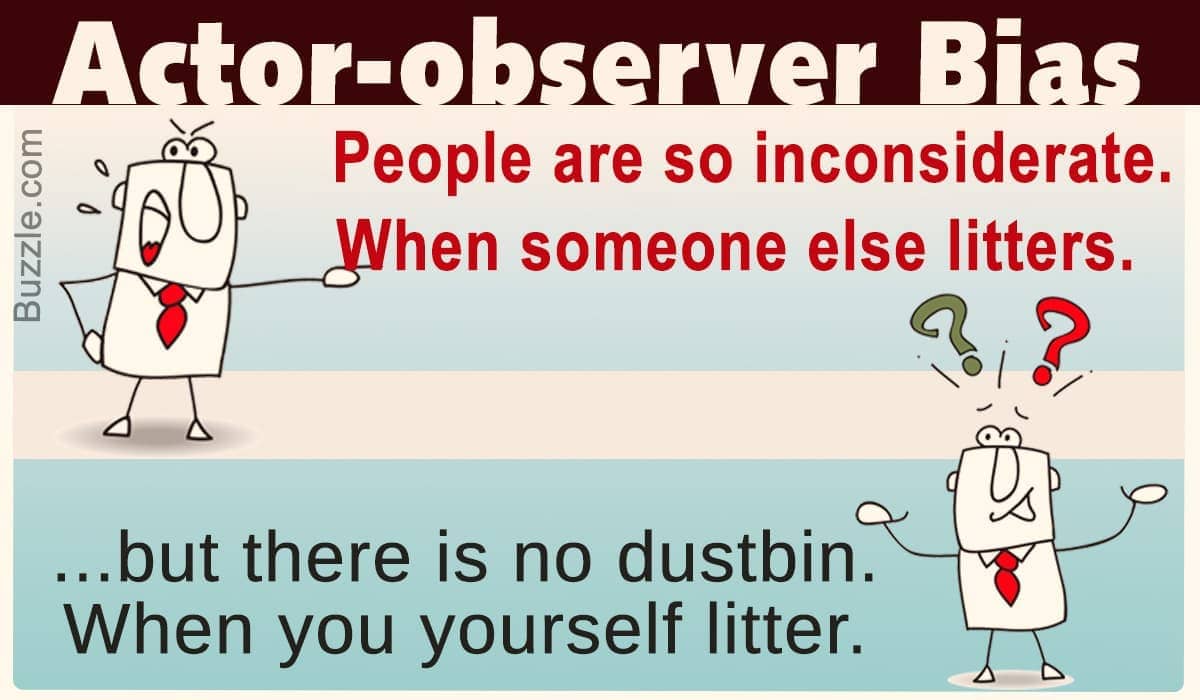
This causes a skew in judgement and prevents humans and observers from updating their plans and predictions as appropriate.īandwagon effect – the tendency for people to “jump on the bandwagon” with certain behaviours and attitudes, meaning that they adopt particular ways of doings things based on what others are doing.īias blind spot – the tendency for people to recognize the impact of bias on others and their judgements, while simultaneously failing to acknowledge and recognize the impact that their own biases have on their own judgement.Ĭonfirmation bias – the tendency for people to look for, interpret, and recall information in such a way that their preconceived beliefs and values are affirmed. Įxamples of cognitive biases can be seen in the table below.Īnchoring – a cognitive bias that causes humans to place too much reliance on the initial pieces of information they are provided with for a topic. Coupled with ambiguous underlying data and a subjective scoring method, these three factors contribute heavily to the incidence of observer bias. Observer bias is especially probable when the investigator or researcher has vested interests in the outcome of the research or has strong preconceptions.
#Observer bias free#
The most common observation method is naturalistic observation, where subjects are observed in their natural environments with the goal to assess the behaviour in an intervention free and natural setting.

Participants’ observations are widely used in sociological and anthropological studies, while systematic observation is used where researchers need to collect data without participants direct interactions. Simultaneously, there are many limitations and disadvantages in the observation process, including the potential lack of reliability, poor validity, and faulty perception. There are a number of benefits of observation, including its simplicity as a data collection method and its usefulness for hypotheses. Observation is a method of data collection and falls into the category of qualitative research techniques. Observational data forms the foundation of a significant body of knowledge. When such biases exist, scientific studies can result in an over- or underestimation of what is true and accurate, which compromises the validity of the findings and results of the study, even if all other designs and procedures in the study were appropriate. Observation is critical to scientific research and activity, and as such, observer bias may be as well. This is a common occurrence in the everyday lives of many and is a significant problem that is sometimes encountered in scientific research and studies. Observer bias is the tendency of observers to not see what is there, but instead to see what they expect or want to see.

The definition can be further expanded upon to include the systematic difference between what is observed due to variation in observers, and what the true value is. Observer bias is one of the types of detection bias and is defined as any kind of systematic divergence from accurate facts during observation and the recording of data and information in studies.


 0 kommentar(er)
0 kommentar(er)
